How do we reproduce the memory and processing capabilities of the human brain?



How do we reproduce the memory and processing capabilities of the human brain?
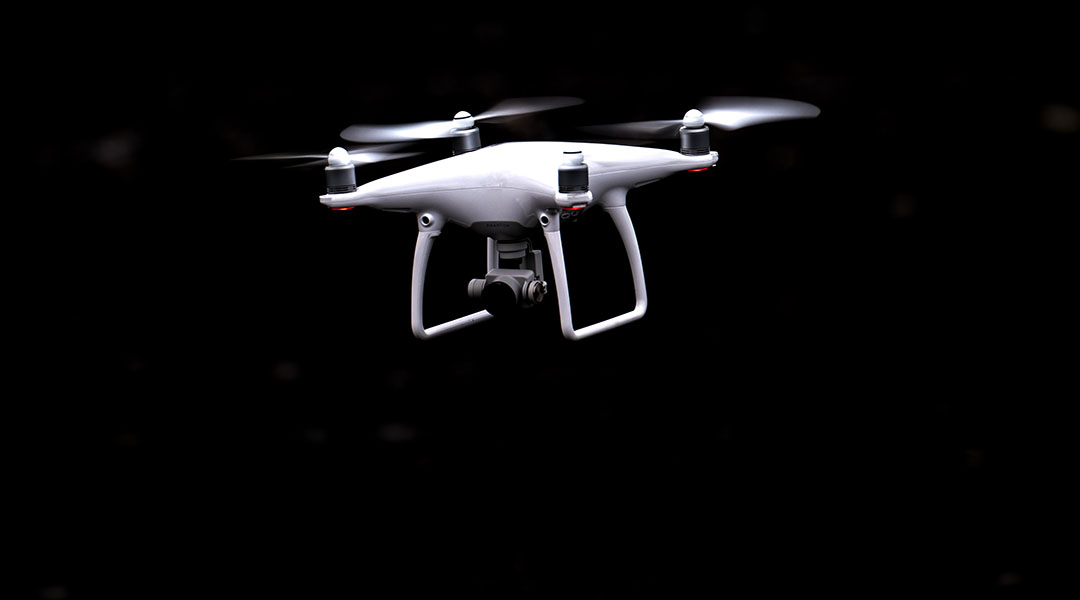
UCF researchers develop a device that mimics brain cells used for human vision. The invention may help to one day make robots that can think like humans.
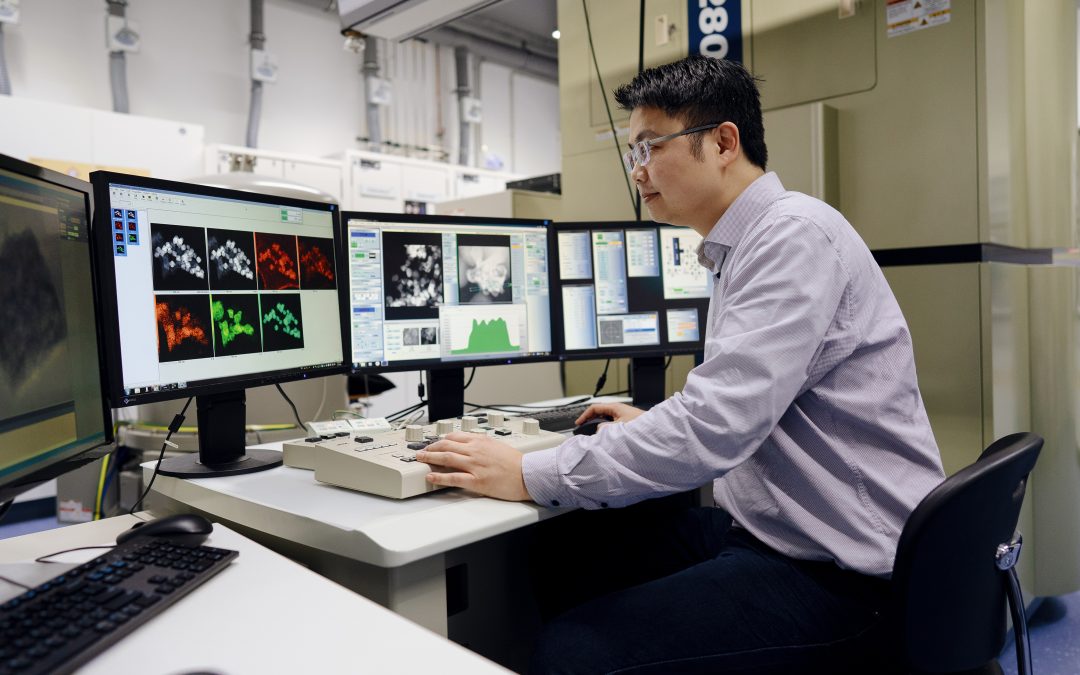
Electrocatalysts can help to obtain chemicals from renewable raw materials or to use alternative energy sources. But testing new catalysts brings challenges.
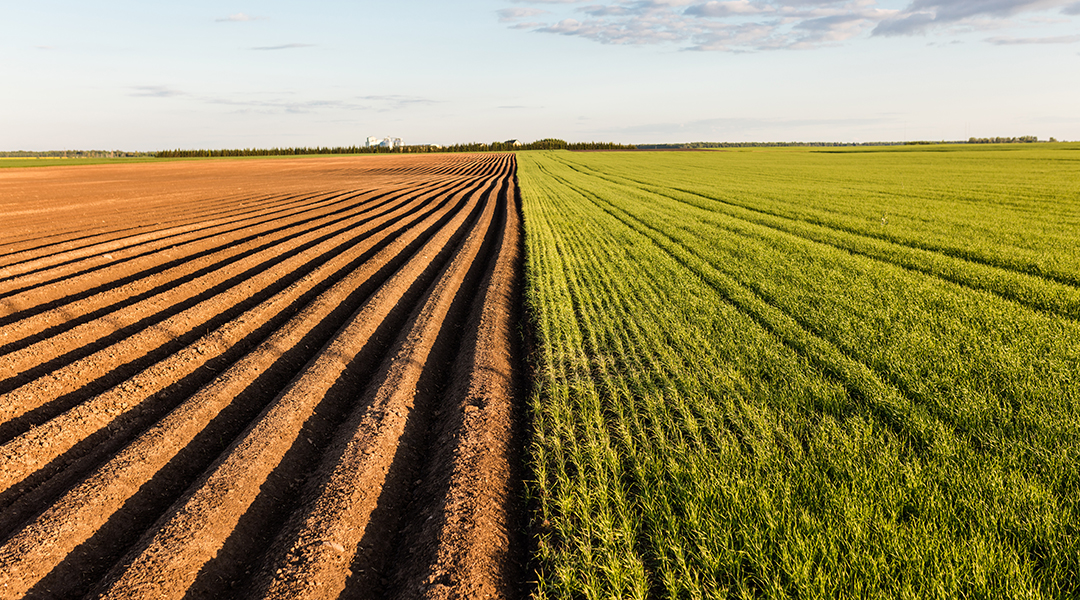
University of Guelph researchers found Earth’s agricultural landmass could increase by one-third, including new farming in northern Canada and Russia, but not without environmental impacts.

Flight altitude changes of just 2000 feet could lessen their effect could minimize the harmful effects of aircraft contrails.
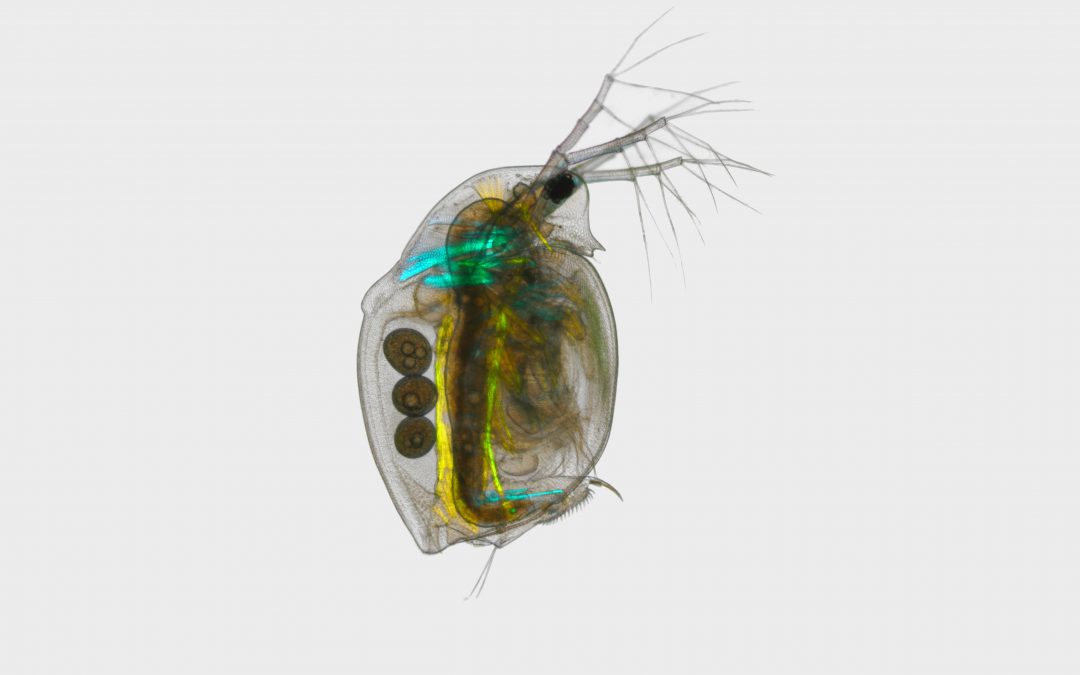
What is the advantage of laying eggs that are expensive to produce and take a long time to hatch? Perhaps there is more to this paradox then we originally thought.
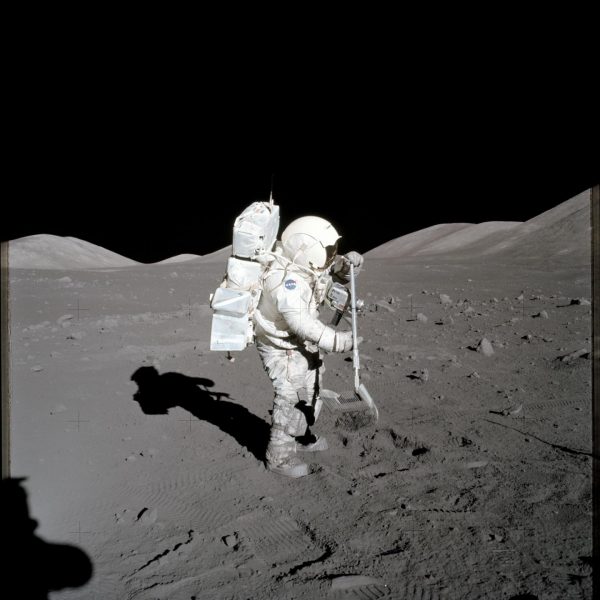
New technique for analyzing Moon rocks lets scientists study them atom by atom.
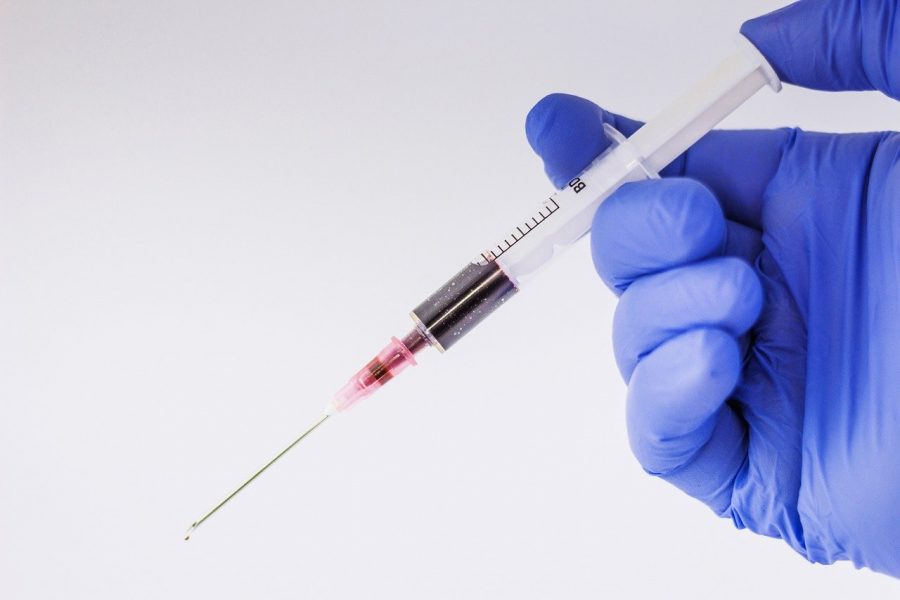
New research published in CANCER indicates that a single dose of the human papillomavirus (HPV) vaccine is as effective as multiple doses for preventing preinvasive cervical disease, which can later develop into cervical cancer.

A new, shorter total synthesis makes studying the therapeutic effects of Amanitins possible.
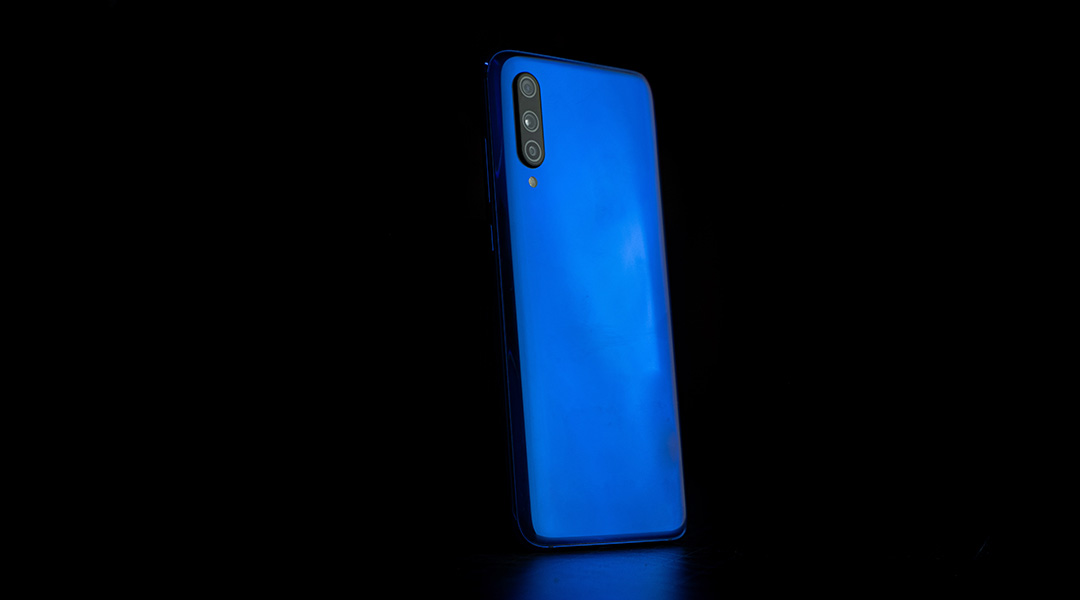
An electrolyte based on a flame-retardant material has been adapted for use in potassium batteries.